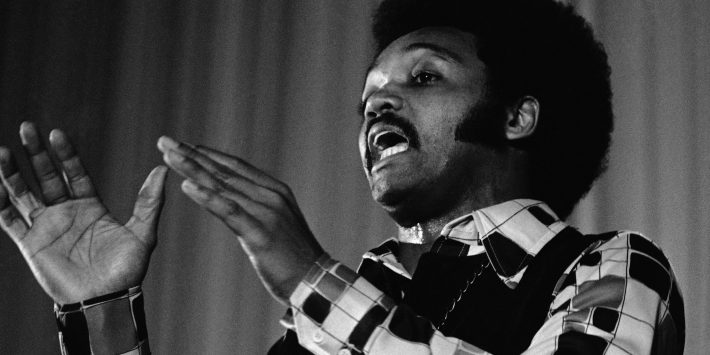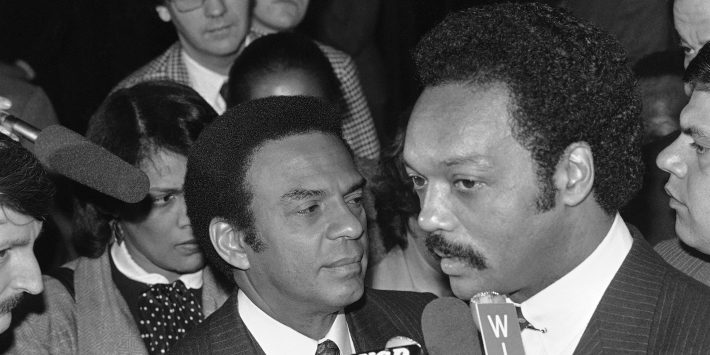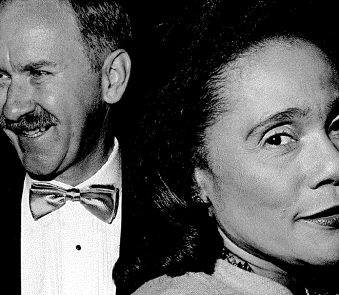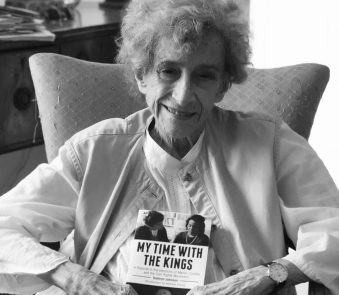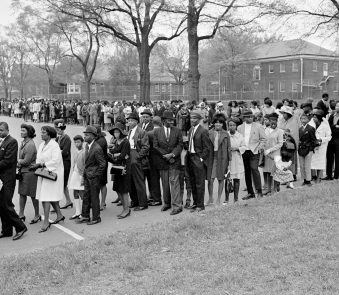‘His Influence On Me Was Total’: Rev. Jesse Jackson Remembers MLK
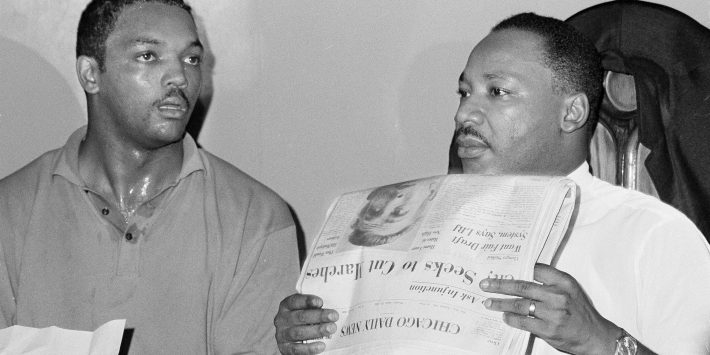
As he arrived at the Lorraine Hotel in the first week of April 1968, Dr. Martin Luther King Jr. was accompanied by his familiar inner circle.
No stranger as a guest, King and others stayed at the hotel numerous times.
And there’s a photo which is now iconic taken on April 4, 1968.
It shows outside on a balcony of the Lorraine Motel, Dr. King, Hosea Williams, Ralph Abernathy and Jessie Jackson. It would be last time all would be together — all alive.
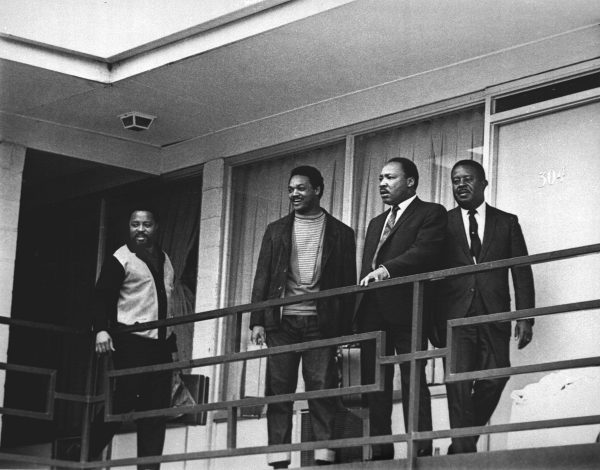
“The pathology and the sickness and the neurosis of Memphis, and of this racist society in which we live, is that that really pulled the trigger,” said 26-year-old Jessie Jackson on the assassination of Dr. King.
“To some extent, Dr. King has been a buffer for the last few years between the black community and the white community. The white people do not know it, but the white people’s best friend is dead.”
After King was killed, Jackson said he and others knew they must carry on.
“Dr. (Joseph) Lowery’s point was, one bullet cannot kill a movement so we just took a deep breath and kept on going on to Washington for the Resurrection City and the Poor People’s Campaign and anti-war activity and anti-poverty activity. We just never stopped.”
Today, Jackson continues to fight for civil rights and he still remembers the influence King had on his life.
“His influence on me was total. My seminary work, work with him, travel with him taught me what priorities should be. My basic priorities come from my association with him and his influence upon my life as a minister,” Jackson said.”
This week, he’s in Alabama for the anniversary of the march from Selma to Montgomery. While he’s there, Jackson said he’s taking time to talk with high school students about the importance of using the vote that the foot soldiers of the movement fought for in the 1960s.
“Nothing can really stop our work until the end really does come,” he said. “When the doctor told me I had Parkinson’s, I said … you’re not going to stop me from working, I’m still working.”
Editor’s Note: This report contains audio from Smithsonian Credit: “From MLK: The Assassination Tapes on Smithsonian Channel”

